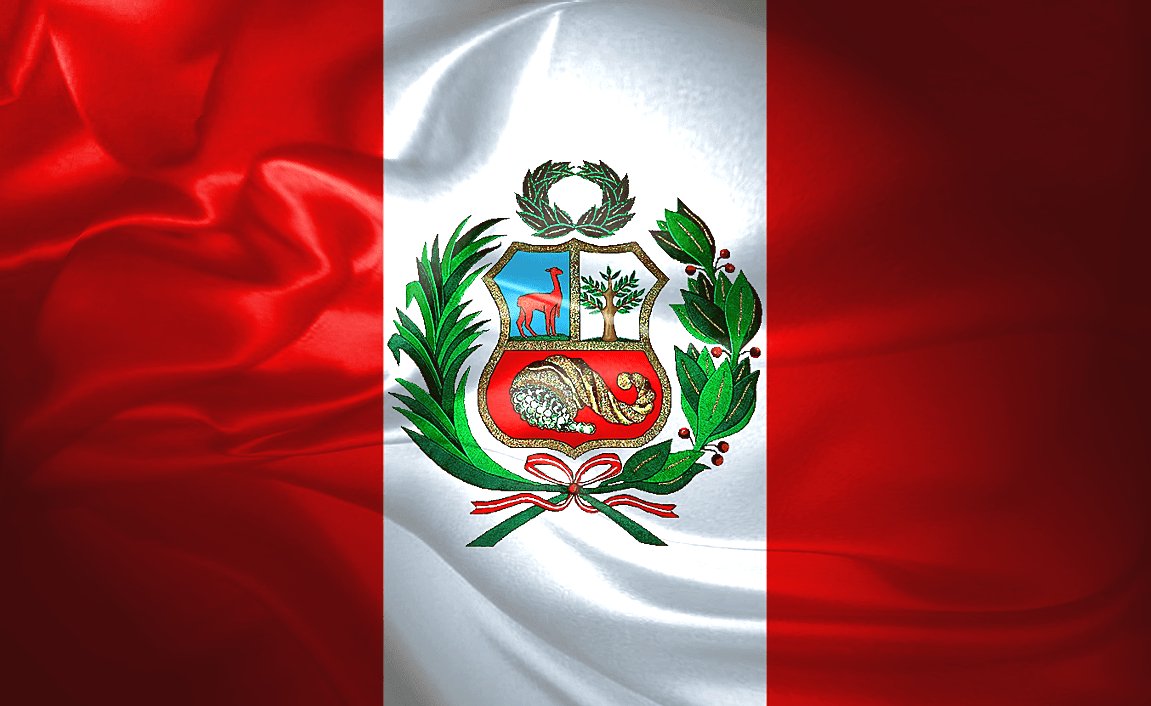Last week, the president of Sindmóveis, Catia Scarton, and vice-president Henrique Tecchio, received the first official visit from Movergs representatives after the new board of directors of Sindmóveis took office. Together with the president of Movergs, Ivo Cansan, they discussed political issues affecting the furniture industry in the state. Their claims, which involve tax incentives and logistics infrastructure in Rio Grande do Sul, will be the focus of the action plans presented to the Legislative Assembly and Chamber of Deputies, in addition to the Federal Government, through their Ministries.
The first and most latent demand is the inclusion of furniture in the financing of the My House, My Life program. The sector is asking for 15% to 20% of the amount financed to buy the property in order to purchase basic furniture, with a deadline for payment of up to five years. "This would leverage industry sales immediately," says the president Sindmóveis, Catia Scarton.
Moreover, the furniture industry fights once gain for the reduction of the tax on manufactured products (IPI), just like the benefit granted by the Department of Treasury to white goods at the beginning of this year. Between 2009 and 2010, the Federal Government reduced the tax rate for the two sectors. Sales of furniture and household appliances increased by 18.31% in 2010 compared to the previous year - almost 8% above the overall retail growth in the period. That helped the companies to partially recover from the 2008 crisis, which affected furniture exports.
Another issue that hinders the competitiveness of the Brazilian furniture in the world market is over-taxation. To relieve the exports, the associations require the suspension of the state VAT on the purchase of inputs and raw materials from suppliers located in RS used to manufacture goods for export. The decision would be valid for companies that export over 40% of their turnover and/or for those who are already using the special drawback system just like the case of manufacturers in Santa Catarina, for example. "While the government does not think of ways to eliminate the social benefits embedded in products, we cannot be competitive because our production system is taxed at the beginning and at the end of the manufacturing process", says the president of MOVERGS, Ivo Cansan.
Fontes:
Publicado em: 2012-02-27






